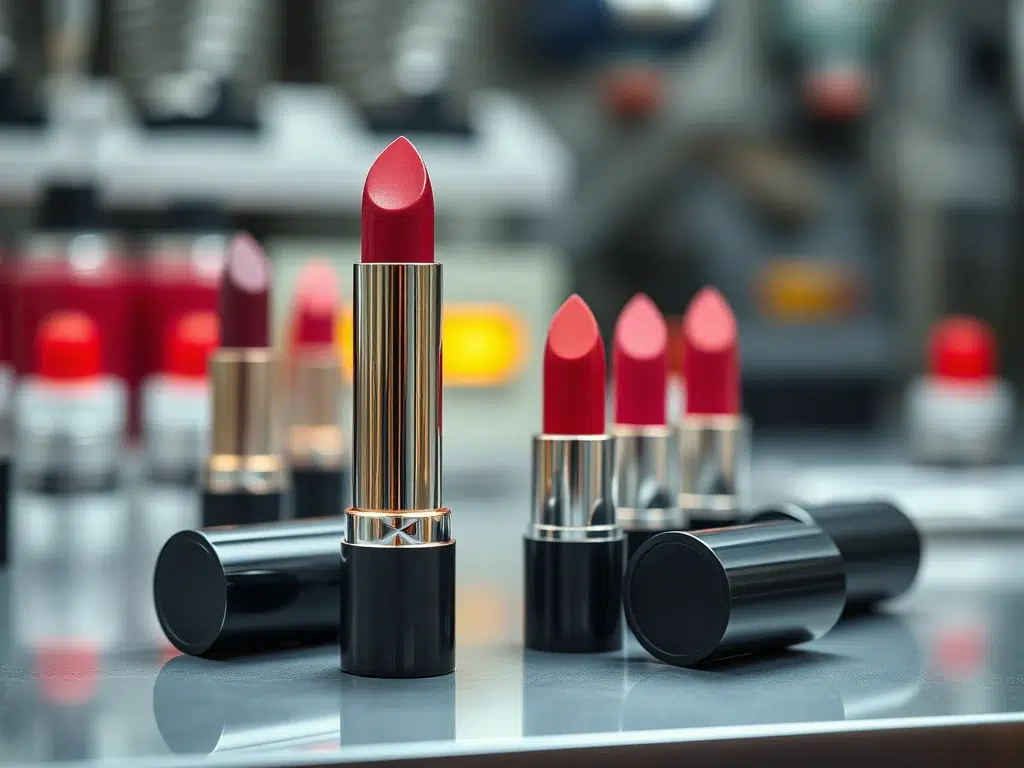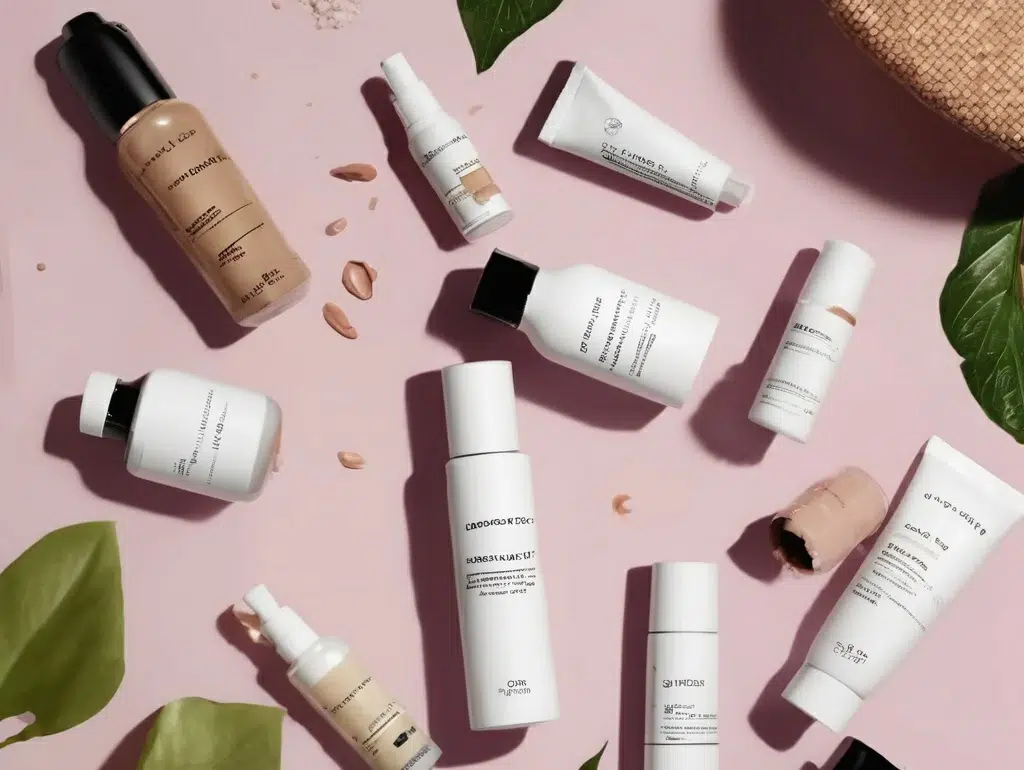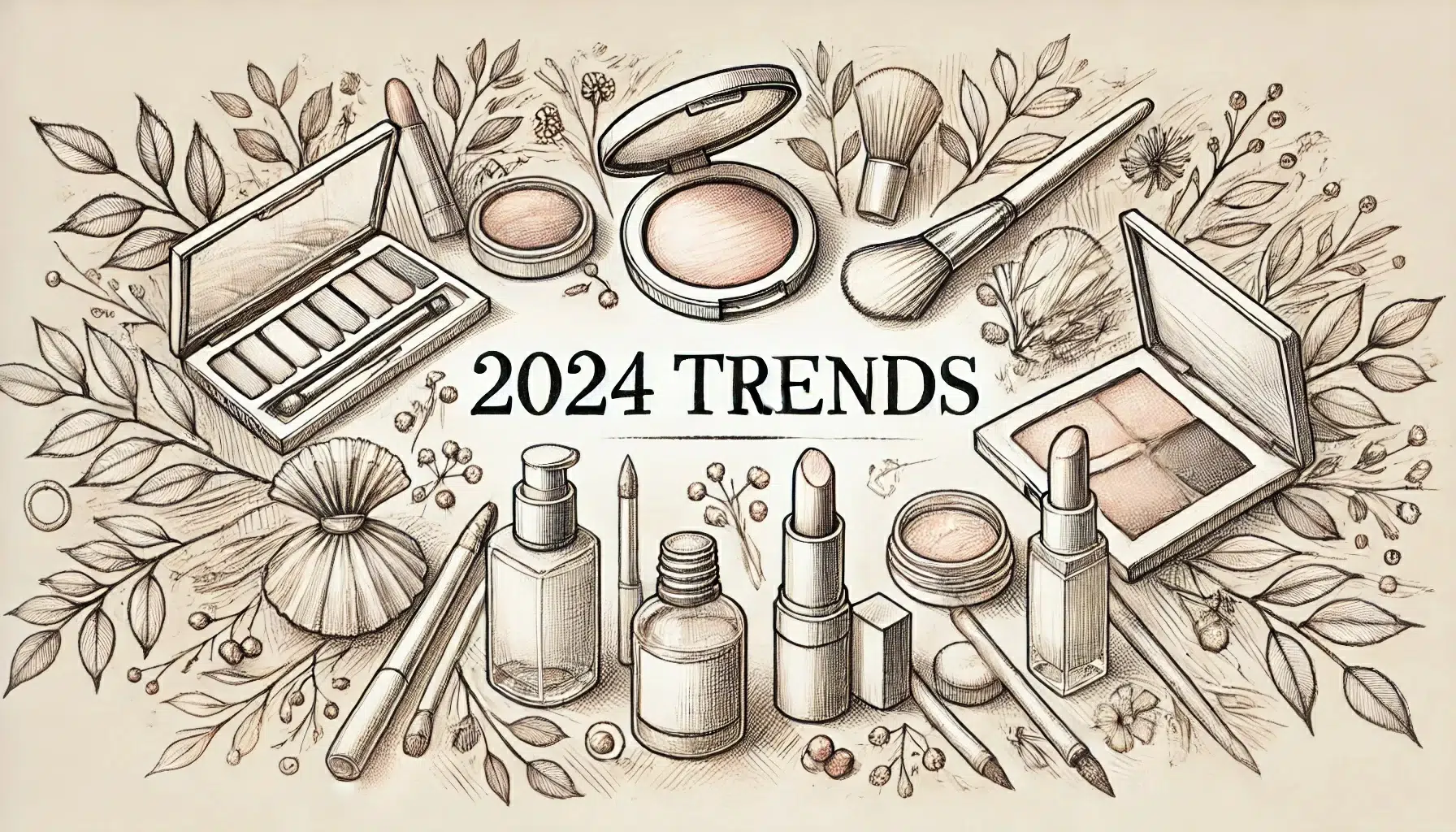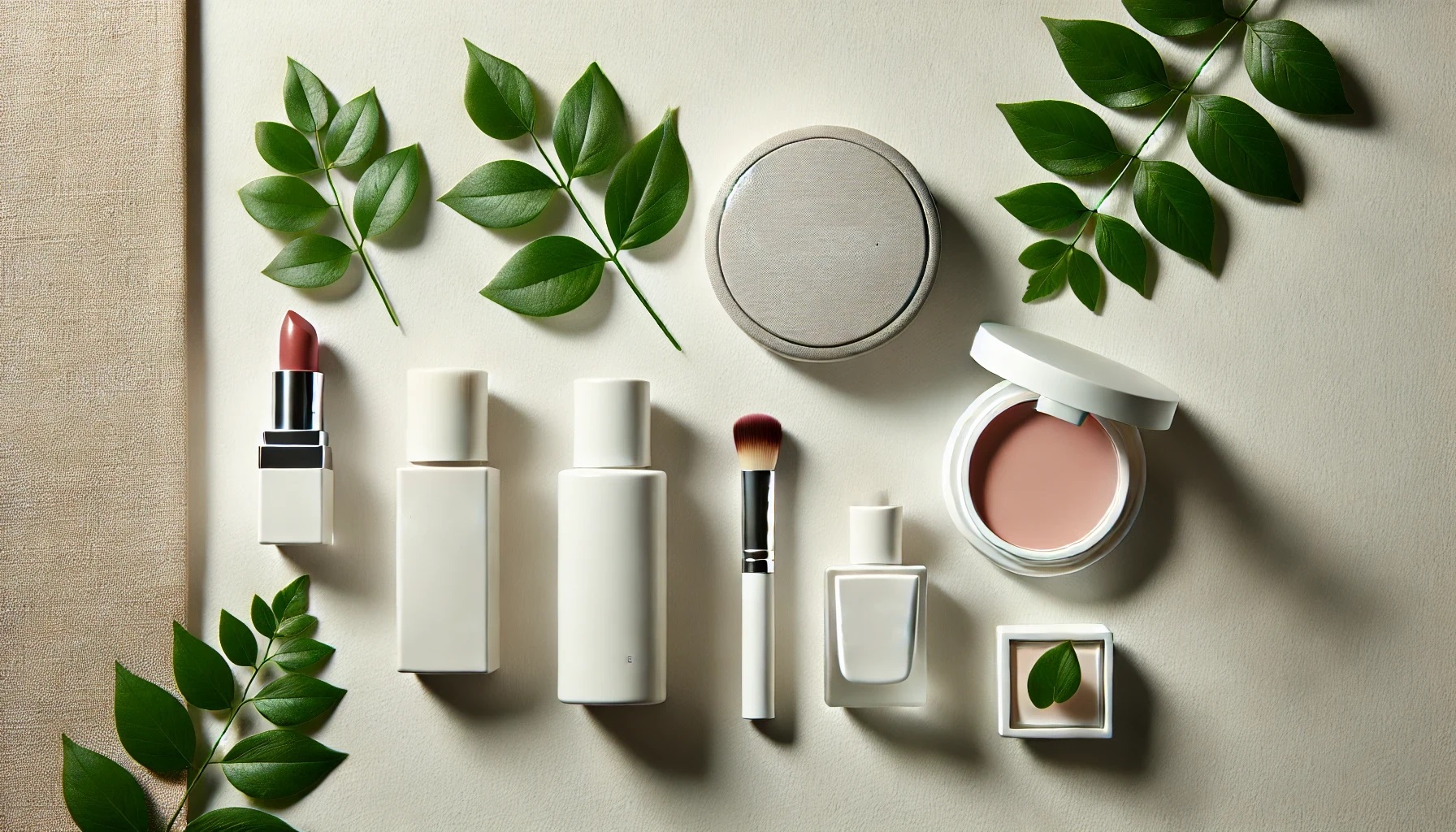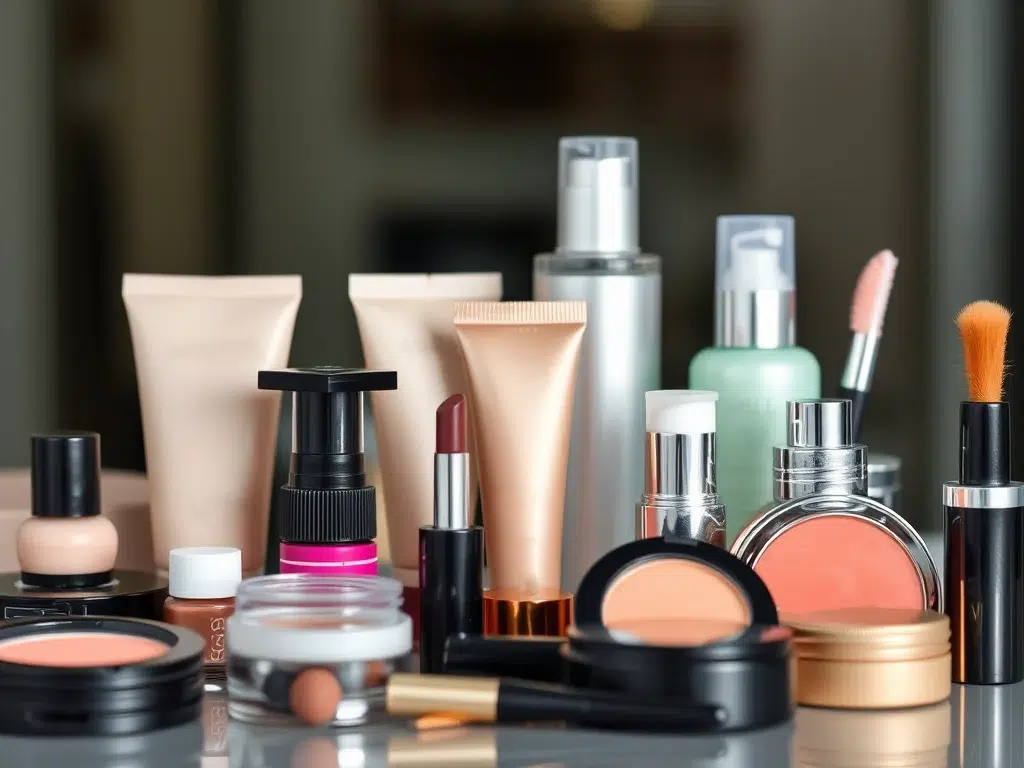
Quality Control in Private Label Cosmetics Manufacturing
Share This Article With
Quality control in cosmetic manufacturing ensures that cosmetic products meet specific quality standards and specifications before release.
Quality control ensures the product is safe, effective, and meets consumer expectations.
Table of Contents
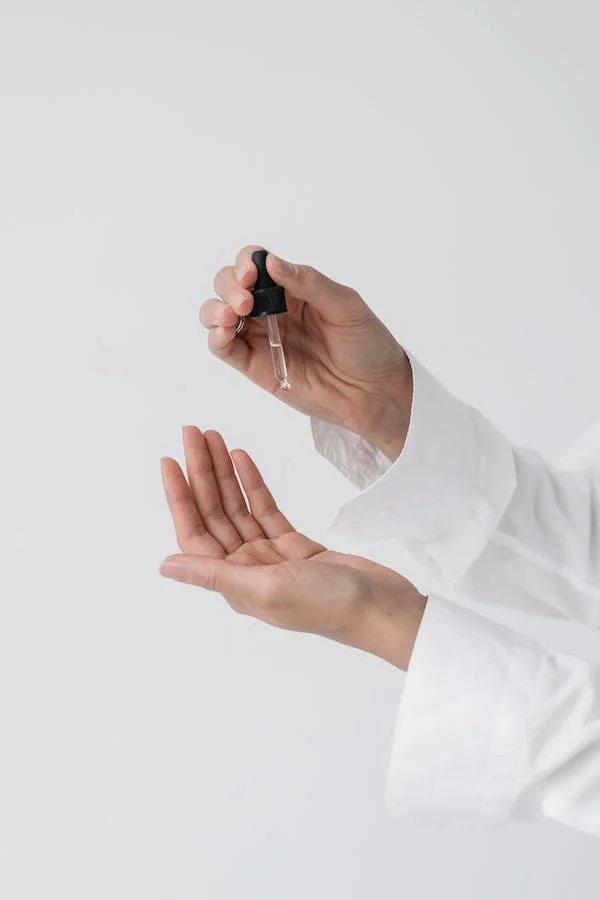
Quality control for a cosmetics line begins with choosing raw materials and continues throughout the beauty products manufacturing process until the finished product is packaged and ready for sale.
The process involves various tests and inspections at different stages of production to detect any deviations from the quality standards and to correct them before the product is released.
A private label cosmetics company typically follows a set of processes to create its products. However, a private label business relies on external manufacturers to develop the products. Popular private label brands include Pinnacle Cosmetics and Radical Cosmetics.
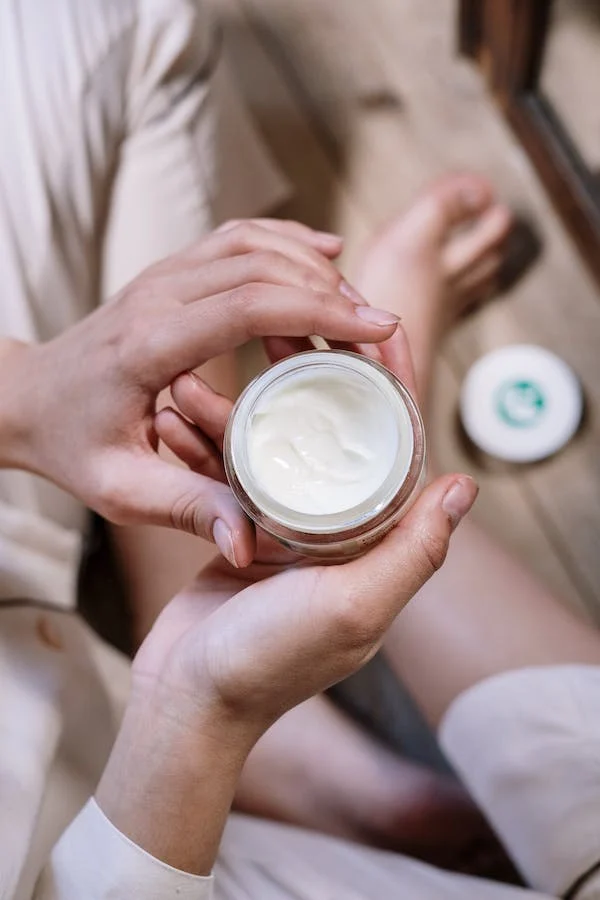
Private label cosmetic products are made by someone else and then branded by the company. Most entrepreneurs partner with a private label cosmetic manufacturer to create the products.
However, it poses a quality control challenge since the cosmetics business does not create the products. A good brand should fix the quality control issue before choosing a company name.
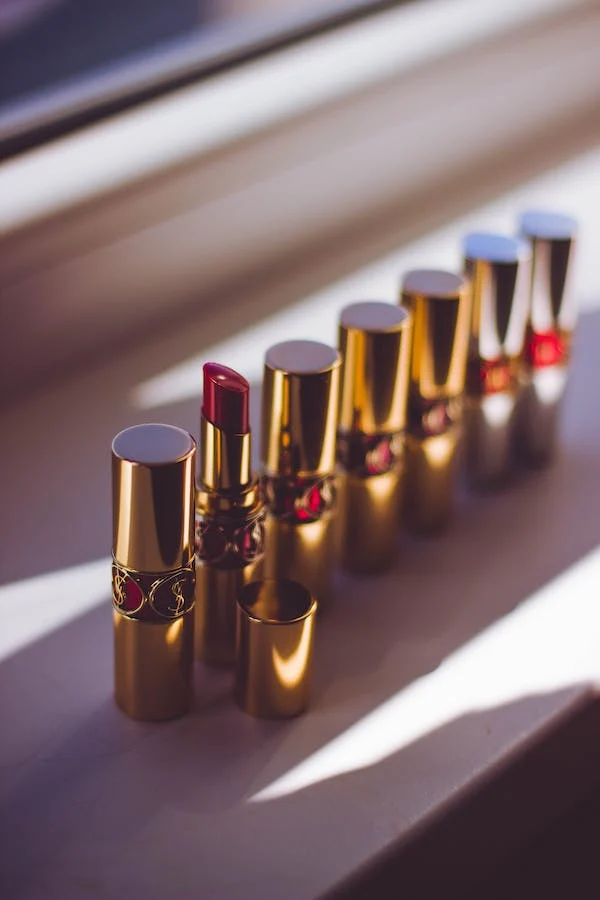
So how can private label cosmetic companies ensure quality control? The information below explores the basics of a private label cosmetics company and how they can ensure their products meet standards.
The Benefits of Private Label Cosmetics Businesses
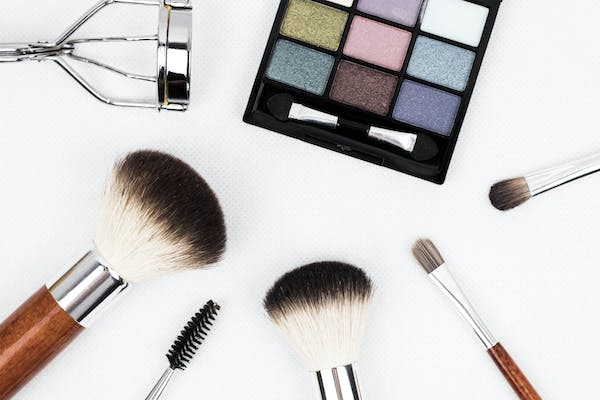
In the past few years, the production of private label cosmetics has gained significant popularity, and it is for valid reasons. Private label cosmetic businesses offer several advantages, some of which are:
Increased Control Over Product Development
When businesses choose to work with a private label cosmetics manufacturer, they have more control over the development of their products.
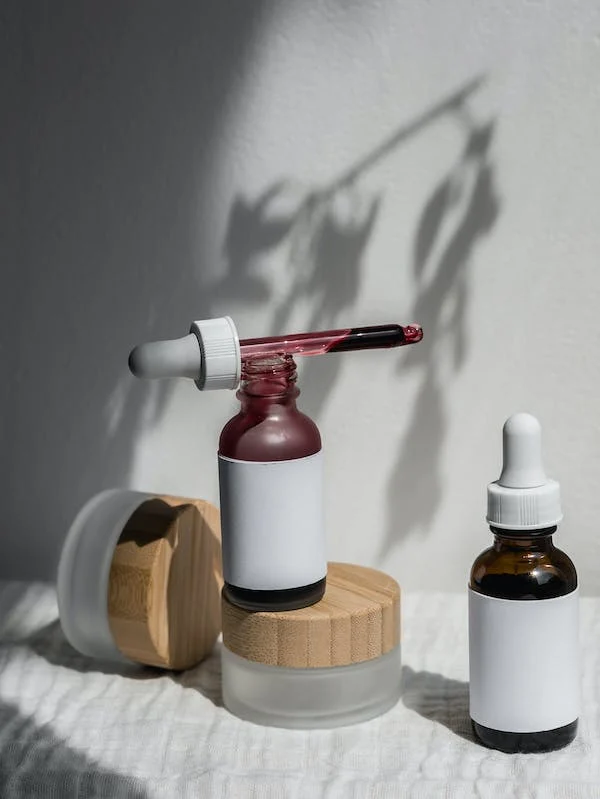
They can choose the ingredients, fragrances, and packaging that best align with their brand and create private label products tailored to their customers’ needs.
This level of control allows businesses to differentiate themselves from beauty line competitors and create unique products that are more likely to stand out in the cosmetics industry.
Fast Time to Market
Private label cosmetics offer a distinct advantage in terms of time-to-market. One significant benefit of private label cosmetics is that they can be developed and brought to market much more quickly than traditional cosmetic products.
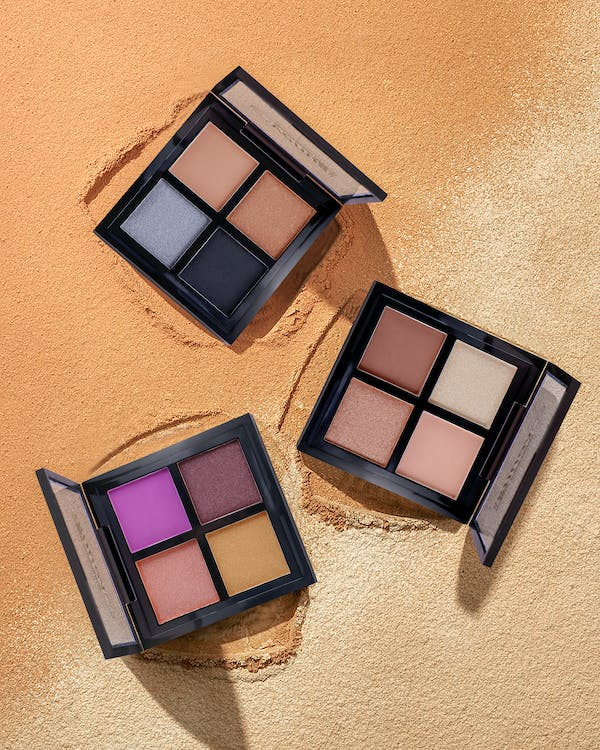
It is due to the streamlined product development process for private label cosmetics. Since manufacturers have already developed formulas and packaging options, businesses can quickly customize them to fit their specific brand’s requirements—for example, organic, vegan cruelty-free, synthetic-free, etc.
It allows cosmetic companies to launch their cosmetic or skincare products more rapidly. It can be a significant advantage in the highly competitive cosmetic industry.
Cost-Effective Solution

Private label cosmetics can additionally be a cost-practical and effective solution for businesses.
Instead of investing in expensive manufacturing equipment and facilities, entrepreneurs can partner with a private label manufacturer with the necessary resources and expertise.
It can significantly help businesses save on overhead costs and improve their profit margins.
Flexibility and Customization
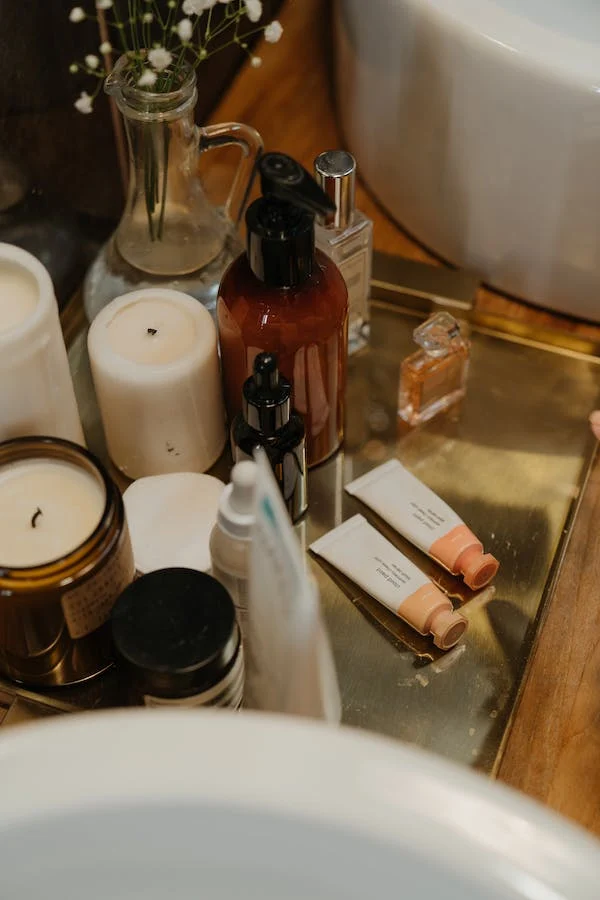
Private label cosmetics also offer companies more flexibility and customization options.
Businesses can choose different products and customize them to meet their needs. For example, changing fragrances, creating their own packaging, and adding unique ingredients.
This level of flexibility can be especially beneficial for businesses that want to create products tailored to a specific niche or demographic; for example, cruelty free, vegan, organic, clean cosmetics such as paraben-free, skincare for men or athletes, etc.
Importance of Quality Control in Private Label Cosmetics Products
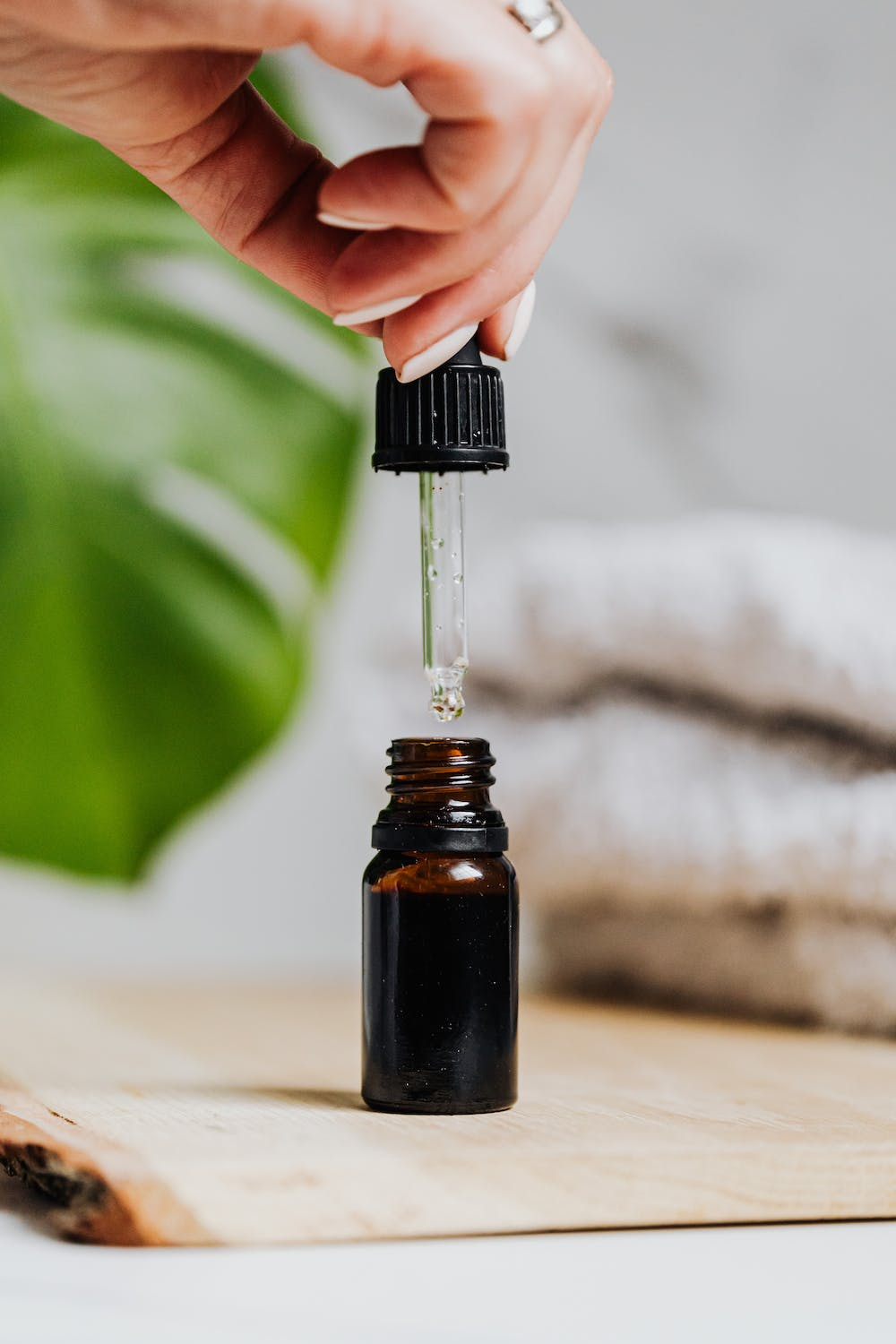
Ensuring that products are safe, effective, and of high-quality is essential for creating and maintaining customer trust and satisfaction.
Through implementing strict quality control measures throughout the manufacturing process, private label product manufacturers can ensure that each batch of products meets the ideal standards for purity, potency, and efficacy.
Quality control is also crucial for regulatory compliance. Non-compliance can result in product recalls, fines, and brand reputation damage. The business could close before it develops a strong clientele.
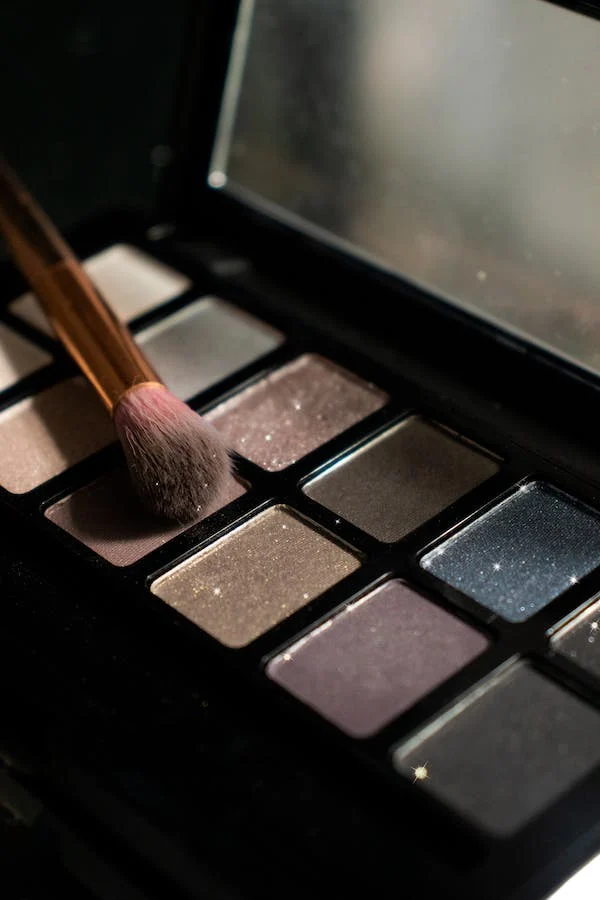
How Can A Private Label Cosmetics Company Ensure Quality Control in Manufacturing?
Quality control is important in the private label cosmetics industry to ensure that the final products meet the needed standards for safety, efficacy, and quality. Potential entrepreneurs must carry out comprehensive quality control checks before producing cosmetic products.
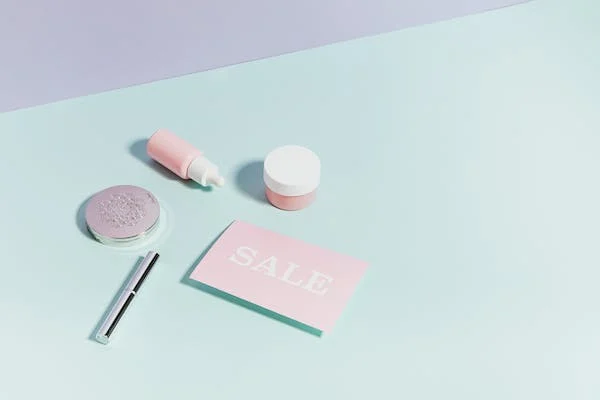
Here are some ways that a private label company can ensure quality control before launching its own beauty line:
Develop Thorough Standard Operating Procedures (SOPs)
Developing comprehensive standard operating procedures or SOPs ensures that the private label manufacturer and their processes are consistent and controlled.
The SOPs should go over every manufacturing step, from raw material testing, making custom blends, and formula development, to finished product testing.
It ensures that every batch of cosmetic products is made according to the same standards and procedures.
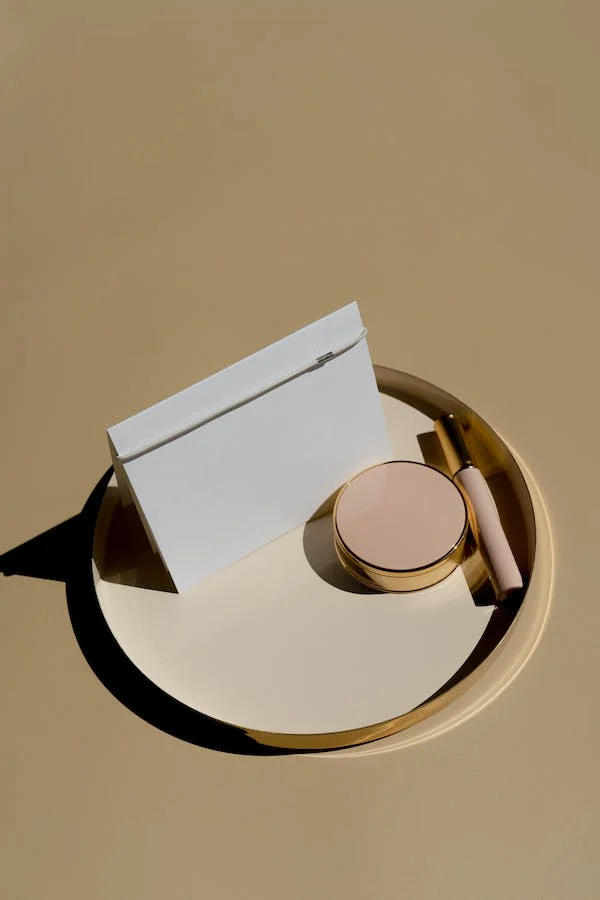
Select Reliable Suppliers
Selecting reliable suppliers who provide high-quality raw materials is critical to ensuring quality control.
Private label cosmetics companies should thoroughly research potential suppliers and verify that they adhere to quality standards. Entrepreneurs should find companies that have succeeded in the type of product manufacturing they require.
Entrepreneurs should perform regular quality checks of suppliers to ensure they always meet the required standards.
Perform Regular Quality Checks and Testing
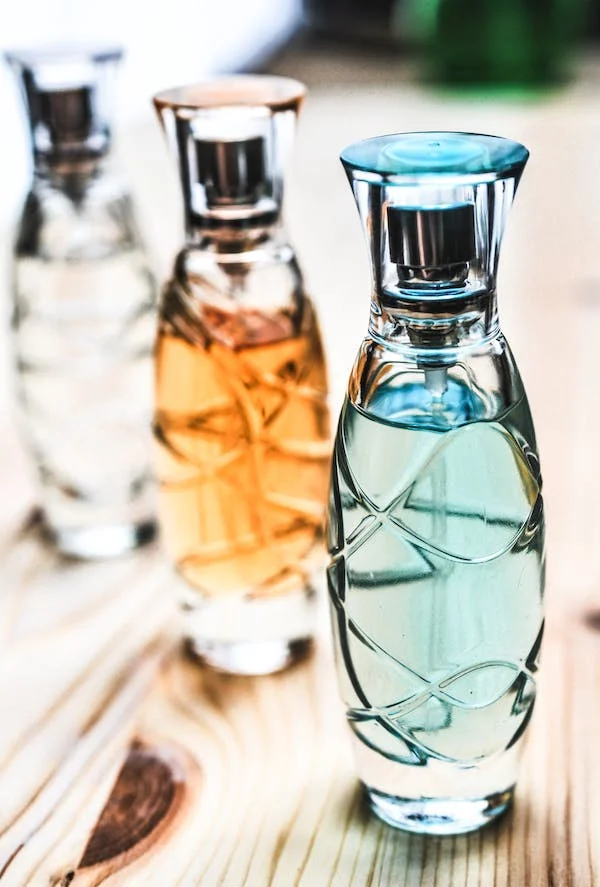
Regular quality checks and testing during manufacturing is necessary to ensure that the beauty products meet the required quality standards.
Entrepreneurs should perform quality checks and testing on raw materials, semi-finished products, a sample order, and finished products at every production stage.
It helps identify and address issues that could affect potential customers early.
Maintain a Clean and Controlled Manufacturing Environment

The manufacturing facility should be designed and maintained to prevent contamination and meet hygiene and safety standards.
the company should train staff in good manufacturing practices (GMPs) to ensure the environment meets the required standards.
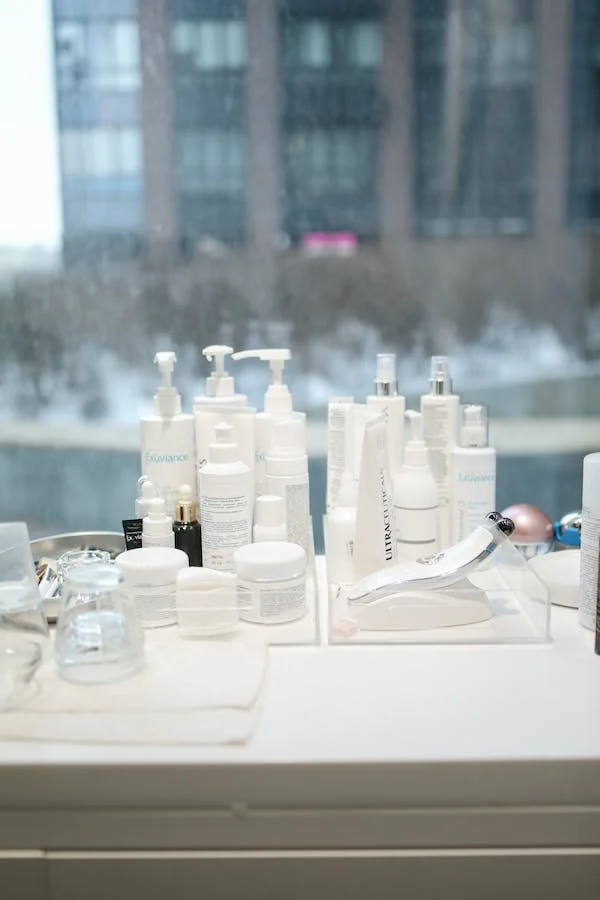
Keep Detailed Records
Keeping detailed records of all production processes and testing results is critical to quality control.
Private label cosmetic companies should maintain a comprehensive record of raw material testing, production process control, finished product testing, and stability testing.
These documents should be readily available for review in case of an audit or other regulatory compliance check.
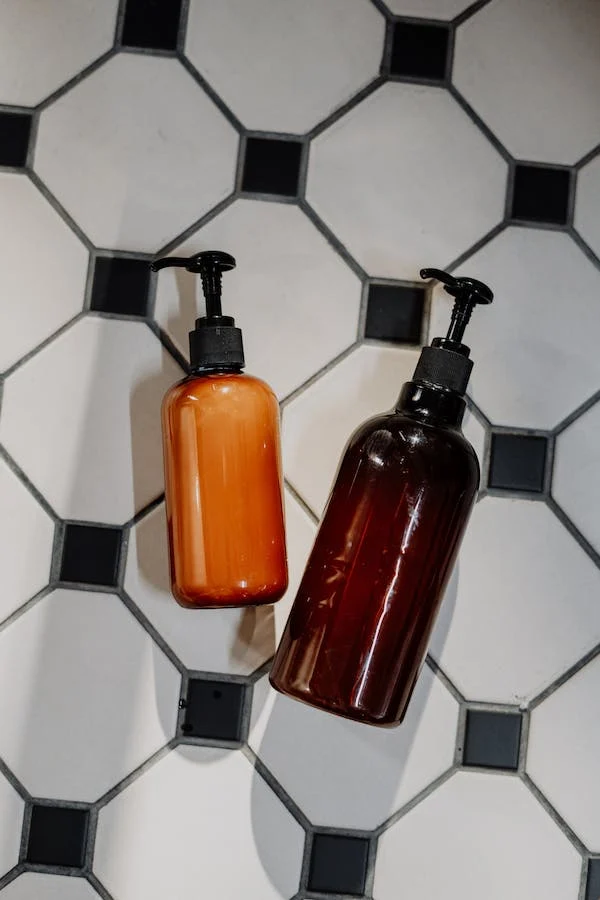
Final Thoughts
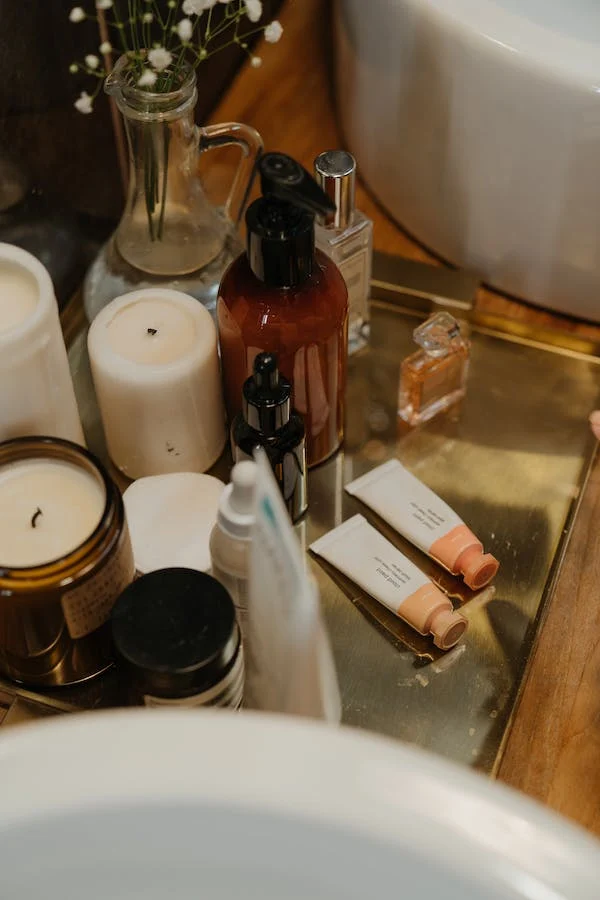
Private label cosmetic companies can ensure quality control in their manufacturing processes by performing regular quality checks and testing, choosing reliable suppliers, developing comprehensive SOPs, maintaining a clean and controlled manufacturing environment, and keeping detailed records.
By observing these practices, private label cosmetic companies can produce safe, effective, high-quality beauty, cosmetic, and skincare products that meet the necessary standards and give potential customers confidence once the brand starts selling
Stay Connected
Choose your favourite social media channel to stay up to date with Aurora Global Brands and its activities

